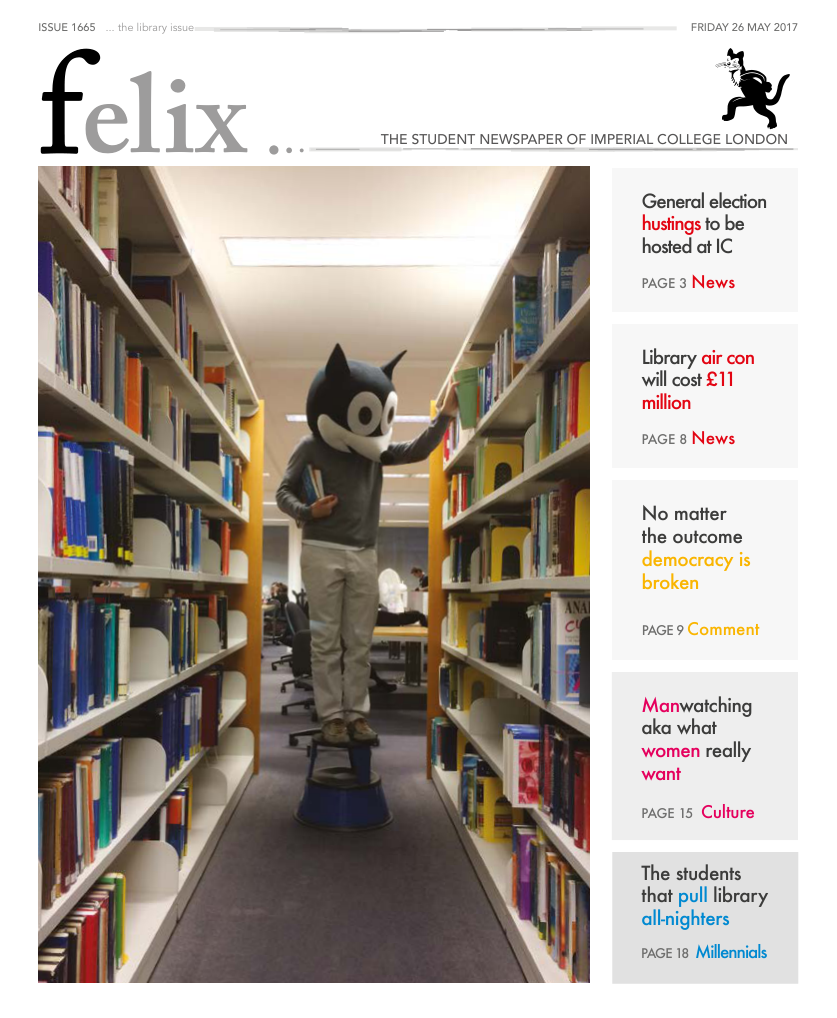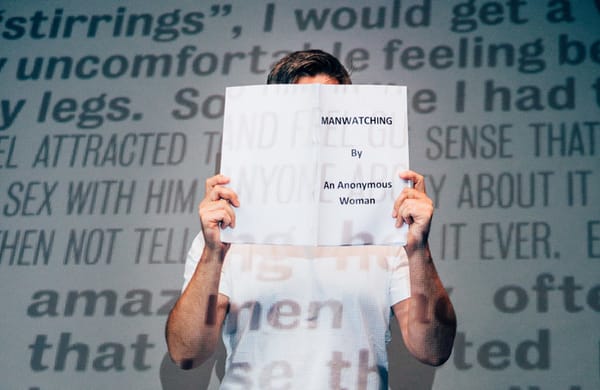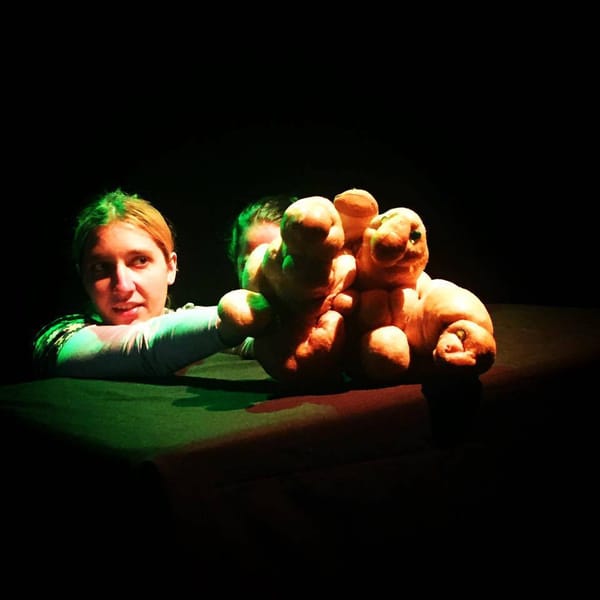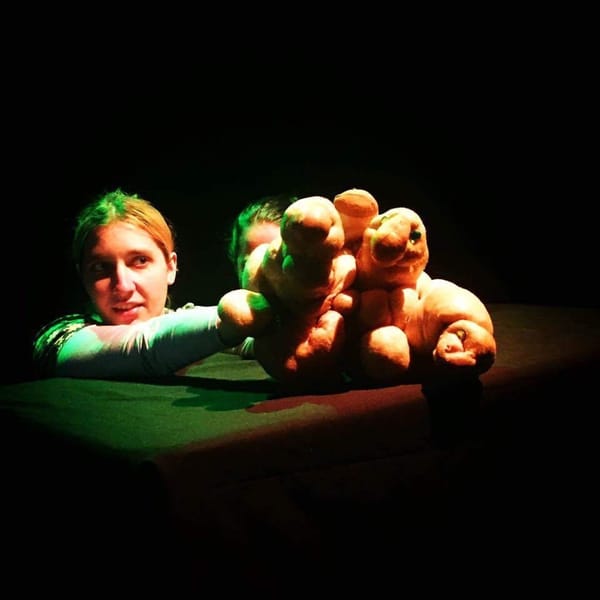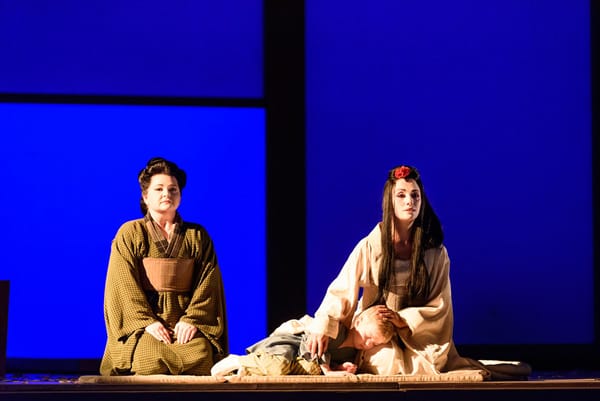Life of Galileo | Space and rock and roll
A story of literal and figurative revolution

Director Joe Wright has pulled out all the stops for the Young Vic’s new staging of Bertolt Brecht’s Life of Galileo. Under a huge makeshift planetarium dome actors in modern dress hurtle around the circular stage. Brendan Cowell as the titular man never seems to stop, at one moment stabbing apples to illustrate the concept of gravity, and the next bodily spinning Billy Howle playing Andrea, his pupil to demonstrate the rotation of the earth; he never seems to lower his voice beyond a mid-bellow. That it’s energetic cannot be denied, but at times it gets a little too much.
The first act is almost entirely exposition, indeed, at times it feels uncannily like a low-fi Royal Society Christmas Lecture demonstration. While it effectively establishes Galileo as a teacher and a scientist brimming with energy and bombast, it drags a little towards the end. The scenes are intercut with occasionally by light shows on the screen suspended like a dome above the stage, there, vistas of constellations and far off galaxies appear to a soundtrack of seat shaking, feel-it-in-your-bones, bass heavy rock music. The music has been composed by Tom Rowlands, one half of the Grammy-winning The Chemical Brothers. It’s a glorious score and in some parts – especially near the close of the second Act essential to building the atmosphere of the production, but in others lends the aura of an over-egged Brian Cox documentary to the proceedings.
Joe Wright, who some years ago directed the Keira Knightley version of Pride and Prejudice is clearly a fan of modernising classic stories with modern twists (the film doesn’t much concern itself with staying faithful to the period). It’s easy to see the allure of shaking off historical trappings to make a work relevant. In this production, the effect is mixed. Life of Galileo is already a story of a era defining discovery, it has passion and oppression, love and betrayal, it is a story of revolution (both literal and figurative); grand enough in scope without the sexing up that Wright seems to think is requires.
The score is glorious but in parts lends the aura of an over-egged Brian Cox documentary to the proceedings
When the action reaches its more emotional peaks, and the actors are left to simply deliver the lines, it is electrifying. Brendan Cowell as an ailing Galileo, taking stock of his life is deeply moving, Ayesha Antoine is criminally under-used, but in the brief flashes she appears on stage in her role as the put upon no-nonsense Mrs Sarti, she sparkles with wit, we don’t see much of Anjana Vasan as Galileo’s daughter Virginia either, but she too gives the small character plenty of pathos. The standout performance is by Billy Howle who as Galileo’s protégé delivers a performance that is very often funny and occasionally deeply affecting as he spans three decades of the life Andrea, from petulant curiosity as a ten-year-old, to uncompromising idealism eight years later, and finally to humility and forgiveness as he sets out to carry on his estranged tutor’s work.
Life of Galileo is already a story of a era defining discovery, it has passion and oppression, love and betrayal, it is a story of revolution (both literal and figurative); grand enough in scope without the sexing up that Wright seems to think is requires.
Brecht’s work, commonly associated with Marxism, is fiercely political. Like so many of the works that found poignancy in the 80s, the focus on the dogma of the authority figures, the wilful ignorance and suppression of knowledge by governments and leaders in power strikes a chord now. Just as a little way down the South Bank at the National Theatre, Angels in America is about the inevitability of progress, here too in Life of Galileo the lengthy discussions on the importance of truth is both a rebuke to the current climate of double speak and “fake news”, and a salve – such a climate cannot, Brecht concludes, last forever, somehow, truth will out.
The Young Vic is always a joy to visit, the small venue, the proximity of the actors and action lends immediacy to the performances. Here, where so much for the staging was done to include the audience, it was more so. Life of Galileo tends towards the heavy handed, but is no less enjoyable for it.

